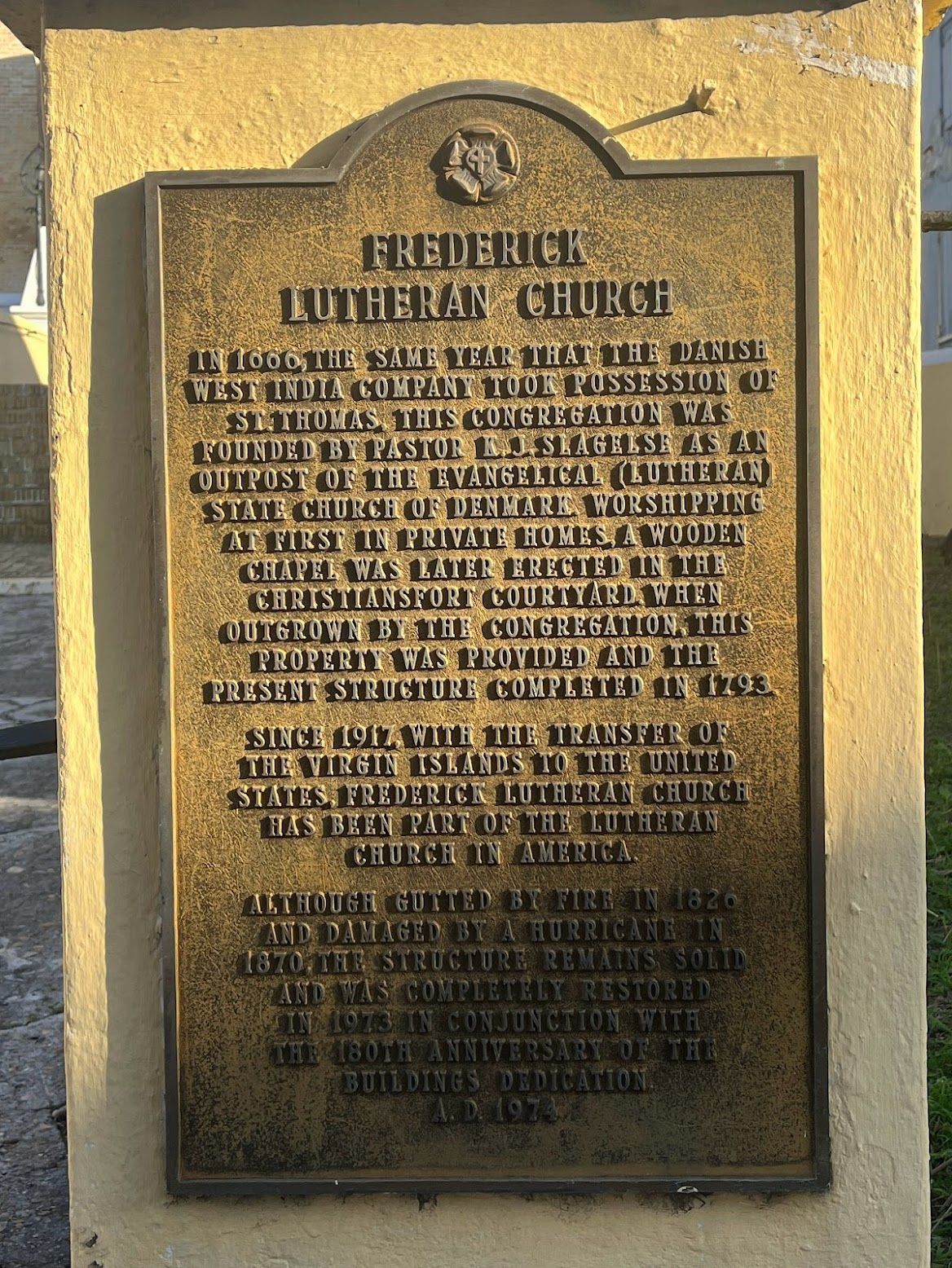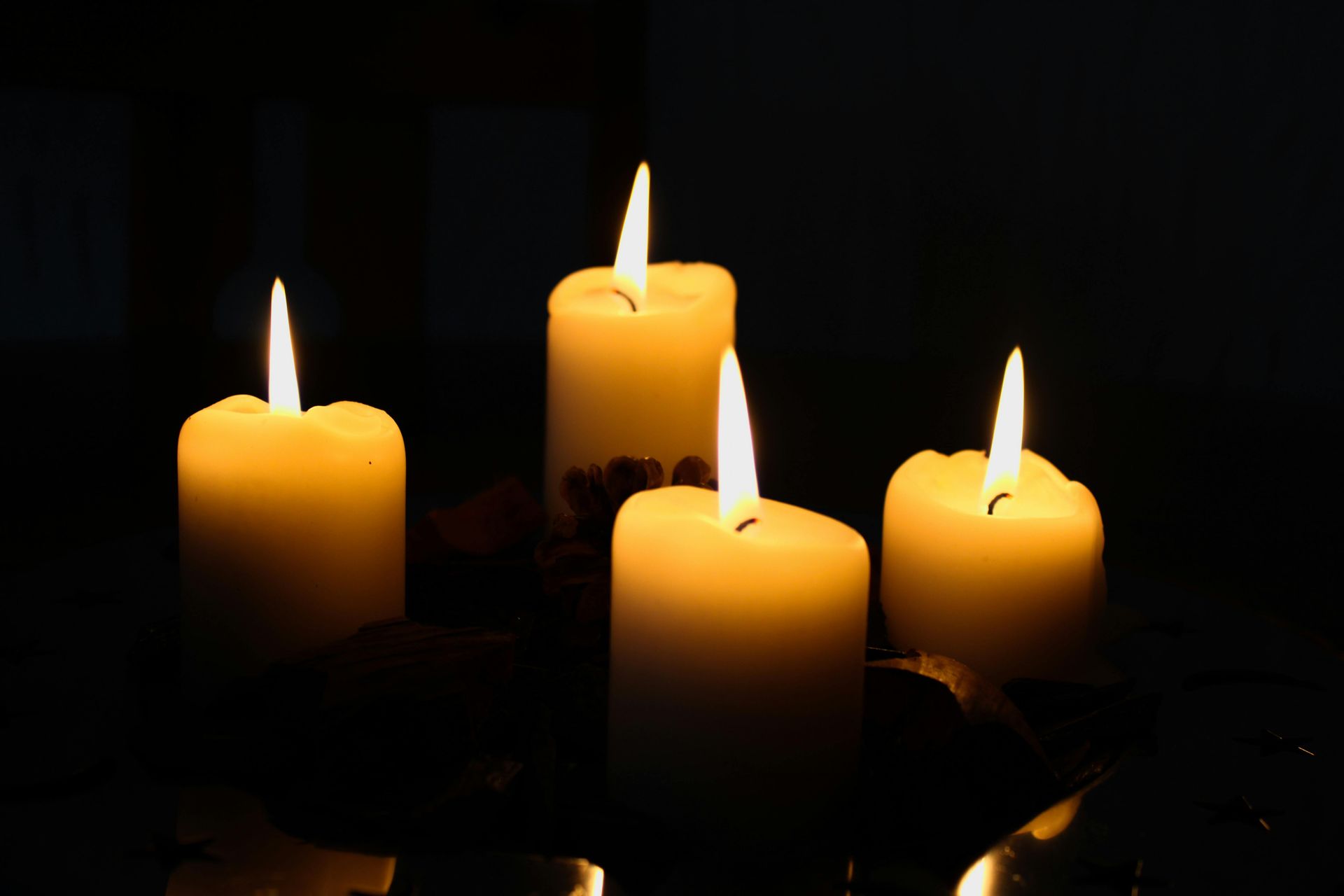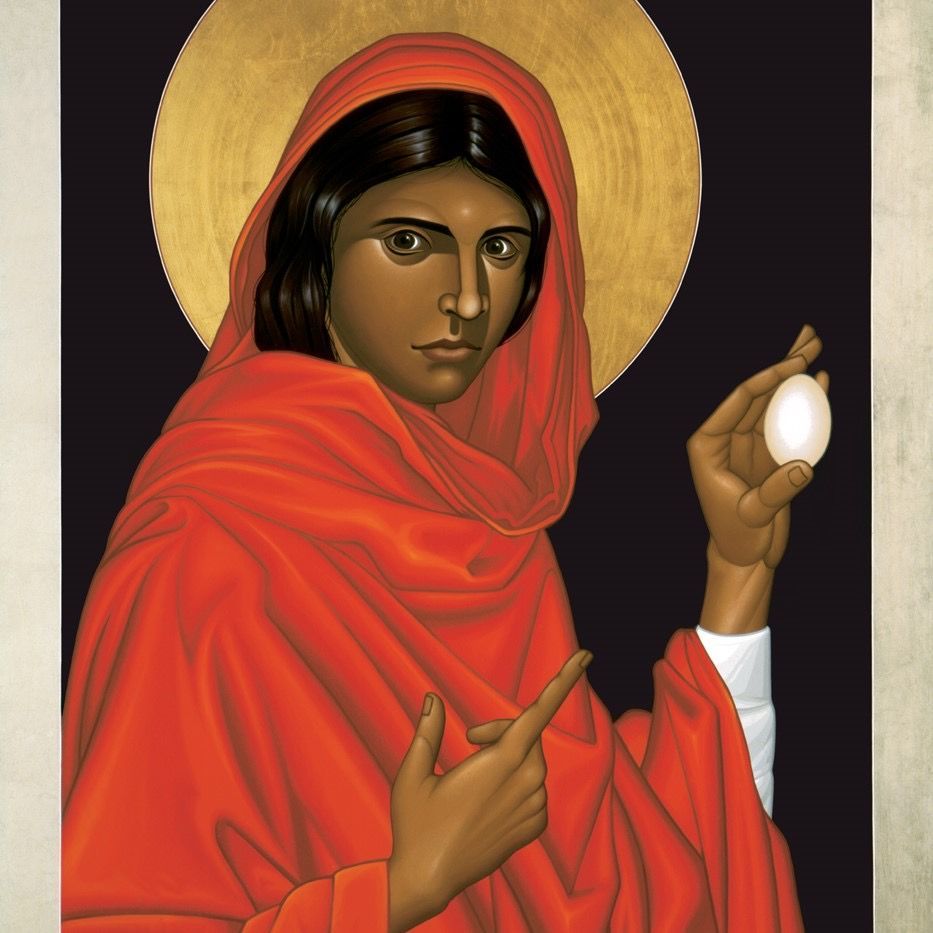Three Kings Day and Baptism of Our Lord in the Caribbean
Celebrating with Global Lutherans

The liturgical season immediately following Christmas is one that often feels overlooked. December is filled with the “hurry up and wait” of Advent, the anticipation of Christmas, and too quickly our world is ready to put away the trappings of Christmas and to move to the next commercially observed holiday. Already on January 2nd I had valentines advertised to me online!
What this rush from Christmas to Valentine’s misses, of course, is that Christmas is actually twelve days. Our observation of the birth of Jesus does not end on December 26; it spans all the way to January 6 (Epiphany). And as I mentioned in last month’s newsletter article, Epiphany is a beautiful celebration of the revelation of Christ’s love not just to Jews and people of Israel, but to the whole world–the Gentiles, too. This day is a reminder that the limitations and boundaries we put on love, equality, and justice in this world are man-made restrictions, and are not of God.
In the continental US we tend to miss this holiday, not often observing it in a meaningful way. But in Puerto Rico, where I spent January 6 this year, Three Kings Day is a day to be honored and celebrated. Most of the stores in San Juan were closed on this day, because shopkeepers and families were celebrating the morning at home with their families. The streets were decorated with symbols of the three kings (see pictures). The basilica in town was packed with people for a noon service with the bishop presiding over worship. The service had an epiphany pageant, and concluded with the bishop blessing the whole congregation and the kings handing out bags of Puerto Rican candy to the congregation.
The next day, January 7, was the Feast of the Baptism of Our Lord. This day was celebrated in ELCA congregations throughout the country and in Christian congregations throughout the world with an order of remembrance of our baptism, reflection on the story of Jesus’ baptism, and thanksgiving for this gracious gift that God has extended to the whole family of God. Each of us has a baptismal anniversary, but not all of us know ours. For those of us who do not know, Baptism of Our Lord serves as our stand-in baptismal anniversary. If you did not take time yet this month to give thanks for your own baptism, I invite you to spend some time at home lighting a candle, tracing the sign of the cross on your forehead, and reflecting in prayer on the gift that you’ve received by having the Holy Spirit poured into you. Ask God for insight and help as you move through this next year of baptized life. How might God be calling you to serve the world in love and healing this year?
I spent January 7 worshiping with the congregation of Frederick Lutheran Church in Charlotte Amalie, St. Thomas, US Virgin Islands. This is the oldest Lutheran congregation in the Americas, founded in 1666. A plaque outside the gates read:
“In 1666, the same year that the Danish West India Company took possession of St. Thomas, this congregation was founded by Pastor K.J. Slagelse as an outpost of the Evangelical (Lutheran) State Church of Denmark. Worshipping at first in private homes, a wooden chapel was later erected in the Christiansfort courtyard. When outgrown by the congregation, this property was provided and the present structure completed in 1793. Since 1917, with the transfer of the Virgin Islands to the United States, Frederick Lutheran Church has been part of the Lutheran Church in America. Although gutted by fire in 1826 and damaged by a hurricane in 1870, the structure remains solid and was completely restored in 1973 in conjunction with the 180th anniversary of the building’s dedication.”
As we worshiped together we sang some of the same hymns you did in Pennsylvania that morning (although with a bit more steel drum). The ability to worship together and honor our Lutheran faith and our baptismal promises in community was a holy thing.
This season between Christmas and Valentine’s Day (which, consequently, is Ash Wednesday this year), is more than just a rush between two calendar dates–it is a season rich with reminders of God’s divine promises to us–promises to abide with us, to forgive us, to pour out grace for us, and to love us completely.
In Christ's Love,
Pastor Marissa












